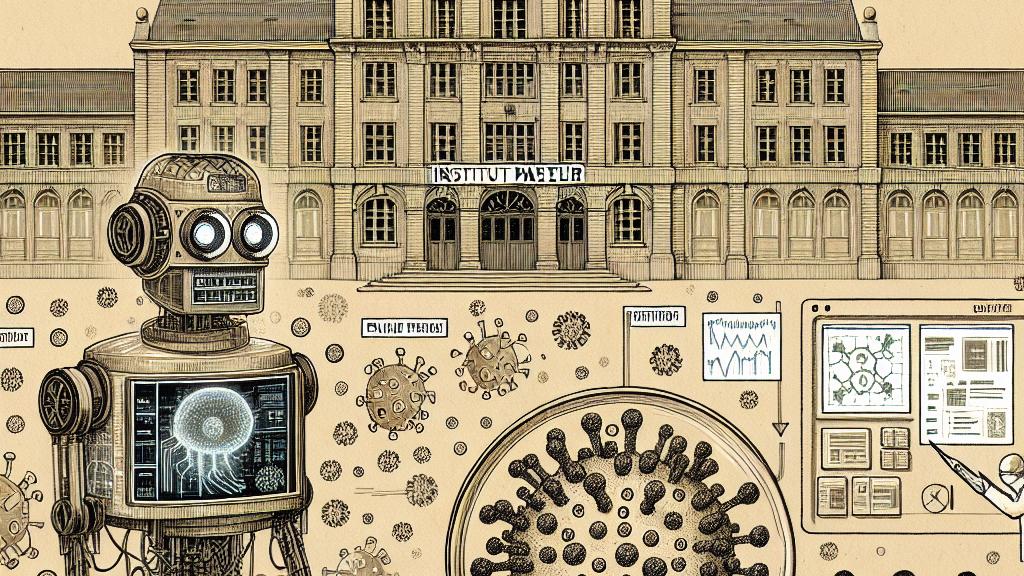Innovative AI Tool Revolutionizes Phage Therapy for Antibiotic Resistance
Overview
- A groundbreaking AI tool provides highly personalized phage therapy options for individual patients.
- In the face of rising antibiotic resistance, phage therapy emerges as a powerful and targeted solution.
- Bacteriophages—viruses designed to infect and kill specific bacteria—offer an exciting strategy to combat superbugs effectively.

Revisiting Phage Therapy
Exciting advancements are taking place in France, where phage therapy, a once-forgotten treatment method, is making a spectacular comeback. This revival comes just as antibiotic resistance escalates, with insidious pathogens like Escherichia coli evolving into highly resilient strains known as superbugs. Recognizing this dire challenge, researchers at the prestigious Institut Pasteur, in collaboration with other leading institutions, have developed an innovative AI tool that tailors phage treatments based on the unique needs of patients. This blend of modern technology and age-old remedies not only demonstrates scientific ingenuity but also revitalizes our hope in combating infections that have outsmarted conventional antibiotics.
How the AI Tool Works
Now, you might wonder: how does this remarkable AI tool actually operate? At its core, it analyzes intricate genetic data from troublesome bacteria to predict which specific phages could effectively target and eliminate them. Picture this: combing through an astonishing 350,000 interactions among different E. coli strains and numerous phages, allowing the AI to craft tailored treatment strategies with precision. By moving beyond traditional trial-and-error methods, this advanced technology introduces a new era of targeted intervention in medicine. As a result, healthcare professionals can now swiftly and accurately recommend personalized phage cocktails, transforming what was once a random guess into an informed choice backed by data.
The Future of Phage Therapy and Personalized Medicine
Looking to the future, the integration of personalized phage therapy represents a glimmer of hope in the looming crisis of antimicrobial resistance. Alarming statistics indicate that by 2050, antibiotic-resistant infections could claim up to 10 million lives each year—a staggering forecast that calls for our immediate attention. Fortunately, the resurgence of phage therapy, paired with breakthroughs in personalized medicine, enables us to take a more nuanced approach to treatment, recognizing the importance of tailoring therapies to individual genetic profiles. Each research finding builds upon the last, enhancing our knowledge and expanding our potential for effective, custom-designed treatment options. As we venture into this remarkable new realm of healthcare, we’re not just addressing infections; we are revolutionizing treatment paradigms, forever altering how we approach medicine.

Loading...